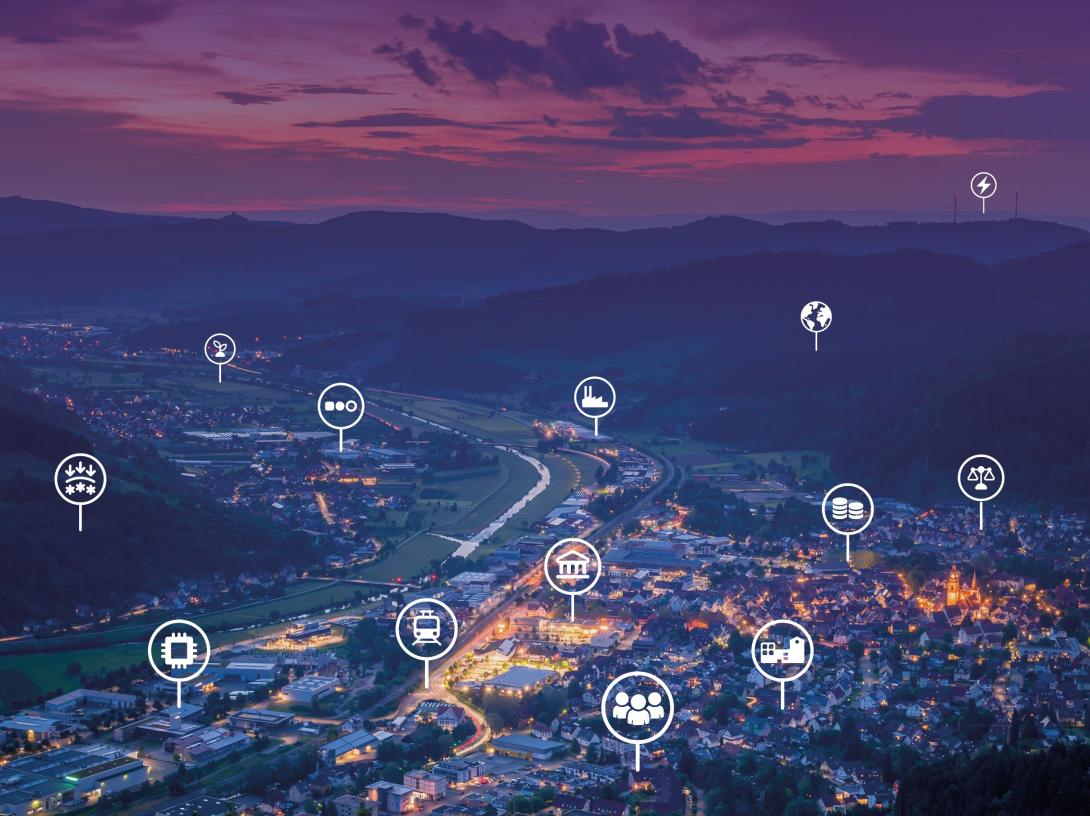Glossary
Glossary

Creating job opportunities
Download this deep dive
Key enabler insights: Creating job opportunities
The EU was able to create significantly more jobs as part of the transition to climate neutrality in the last few years. But the potential is not fully realised yet.
The employment rate in the regions most affected by the transition is progressing at a pace that is similar to the pace for the whole EU. Job creation in renewable energy has increased most in Portugal, followed by Germany and Spain, with photovoltaics being the most employing technology. National programmes such as the ‘Green Skills and Job Programme’ in Portugal or a training academy in a former coal region in Romania are supporting this development.

Diving deeper: progress towards creating job opportunities
EU-wide progress
The employment rate in regions most affected by the transition was not only the highest on record in 2022, but is also on track to meet the objective set by The European Pillar of Social Rights Actions Plan. There is room for further improvement as inequalities between regions remain. For employment in the renewable energy sector, the dynamics accelerated in 2022, and the indicator was on the verge of begin assessed as on track. In the employment in relevant environmental goods and services, there was progress too; however, the pace of growth needs to increase to meet the needs of the changing labour market.

Progress in Member States
For the indicators, progress in towards creating job opportunities has been assessed and compared in EU Member States.
Policy context and areas of action

The EU has a complex policy framework to support employment. The key policy measure in ‘regions in transition’ is the Just Transition Mechanism (JTM). Beyond the JTM, there is also the Effective Active Support to Employment (EASE): guidance to Member States (MS) on active labour market policies and their funding. To support employment in the emerging green energy sector, the EU has over 10 funding instruments, including the European Skills Agenda and RePowerEU with its sectoral strategies such as the EU Solar PV Alliance and the BUILD UP skills initiative. Several good practices examples also exist at the MS level, such as the ‘Green Skills and Jobs Programme’ in Portugal.
An effective policy tool to further support (green) job creation would be the introduction of specific and ambitious sector targets, both at the EU and MS level. Another priority area should be to adjust skills available in the labour market to the needs of rapidly growing - and changing – sectors fundamental to the transition to climate neutrality. The first step in this direction would be a state-led, systemic gathering of data on shortages of skilled professionals in each key transition profession, and the use of this data to create adequate training programmes.





